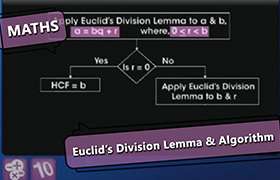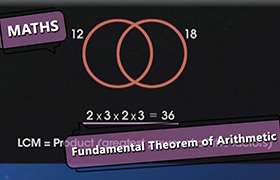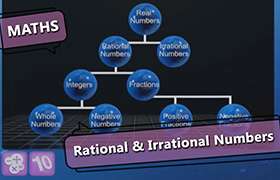CBSE Class 10 Answered
We know that themultiples of 3 will differ by 3.
Also every multiple of 3 is either an odd number or an even number.
Suppose
out of the given numbers
n,n+2,n+4
If n is a multiple of 3, there's nothing more to prove.
So, let's assume that n is not a multiple of 3.
Then n-3 is not a multiple of 3, so
either n-1, or n-2 must be a multiple of 3.
So next multiple of 3 would be either (n-1)+3= n+2
or
(n-2)+3 =n+1
So we see that if n is not a multiple of 3 then n+2 may be a multiple of 3 or n+1 may be a multiple of 3
Next,
if n+1 is a multiple of 3 , then (n+1)+3 must be a multiple of 3
i.e. n+4 must be a multiple of 3.
So we see that if n is not a multiple of 3 then either n+2 or n+4 is a multiple of 3.
Thus either of n, n+2 or n+4 is always a multiple of 3.
i.e. one out of n,n+2 or n+4 is divisible by 3.














